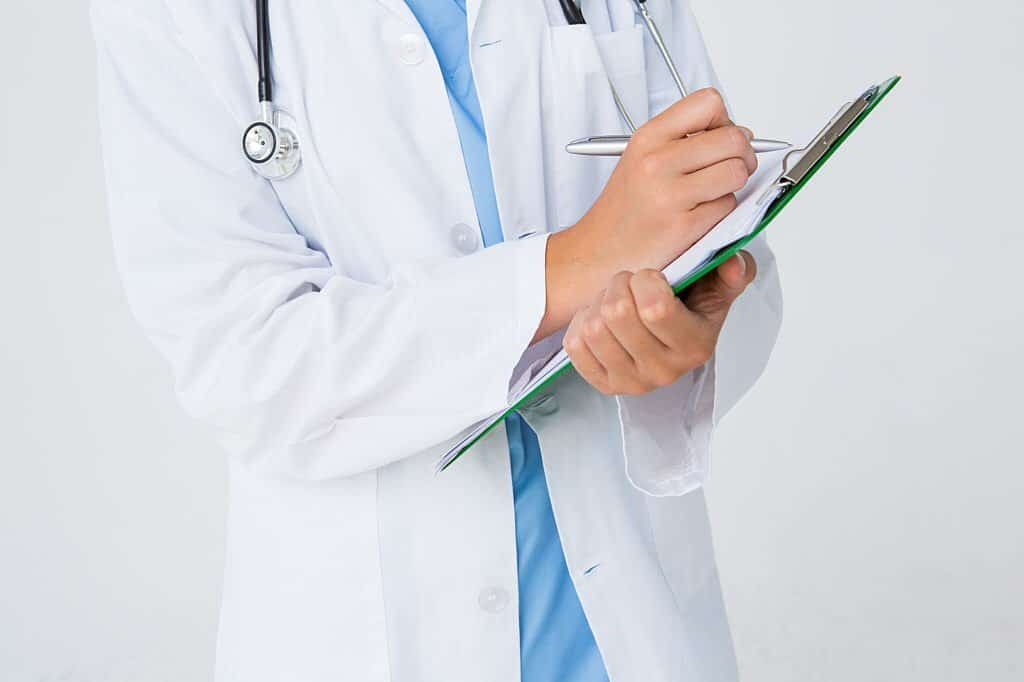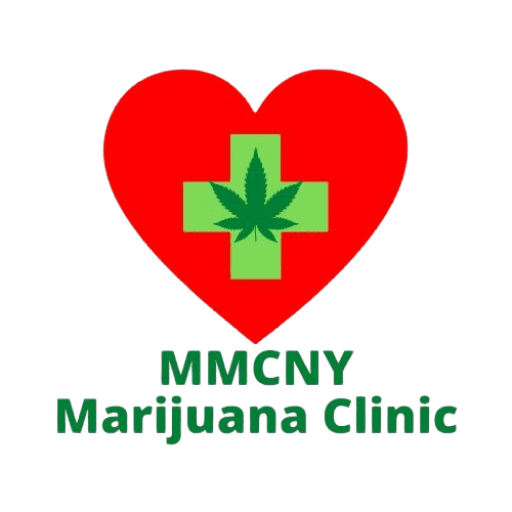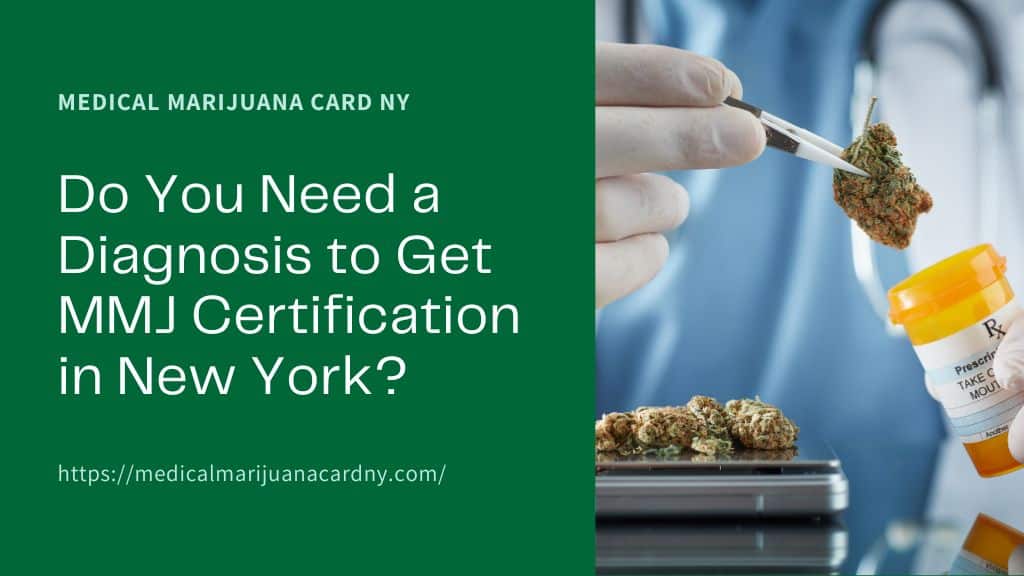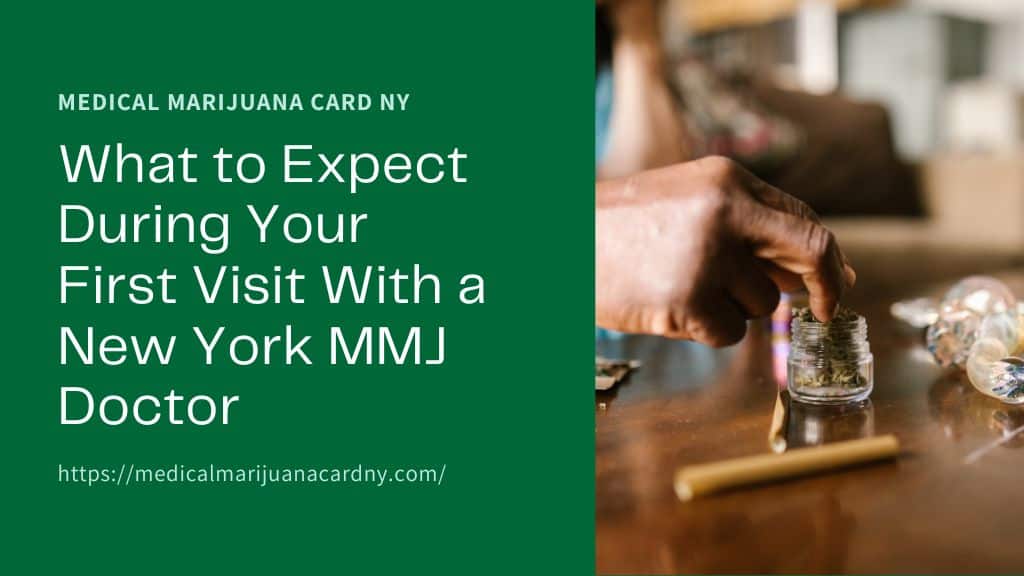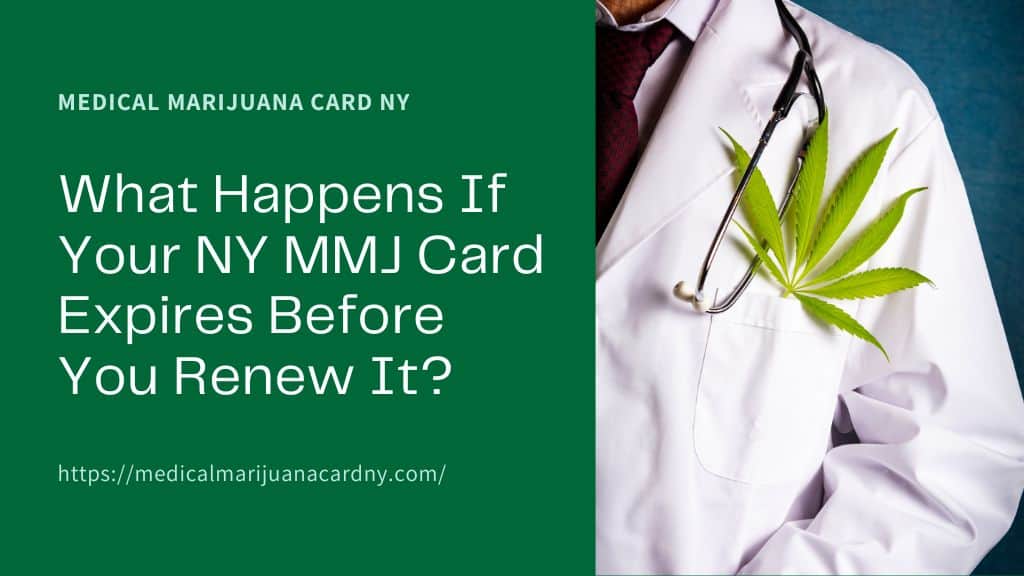In 2024, the landscape of medical marijuana in New York has evolved significantly, making the process of obtaining a Medical Marijuana Card more accessible and straightforward. This shift marks a pivotal change in the state’s approach to cannabis for medicinal purposes. In our comprehensive guide, we delve into the nuances of this new system, highlighting the elimination of qualifying conditions and the transition to a certification-based approach.
Recent data indicate a substantial increase in registered medical marijuana users in New York, reflecting the growing acceptance and ease of access. This guide is meticulously crafted to provide you with all the necessary information on navigating the certification process, ensuring that you’re well-informed about the legalities, procedures, and benefits of medical marijuana in New York.
We understand the importance of reliable and current information, especially when it comes to health-related decisions. Therefore, our guide is not only an informative resource but also a tool to empower you in making informed choices about medical marijuana use.
Whether you’re a patient seeking relief or a caregiver assisting a loved one, our blog offers valuable insights and the latest facts, making the journey towards obtaining a medical marijuana certification in New York in 2024 a clear and hassle-free experience.
Join us in exploring this essential guide to stay informed and ahead in the realm of medical marijuana in New York.
Table of Contents
Toggle- Introduction to Medical Marijuana in New York 2024
- Understanding Medical Marijuana Certification in New York
- The Process of Obtaining Medical Marijuana Certification
- Medical Marijuana Use and Regulations in New York
- Dispensaries and Access to Medical Marijuana
- Medical Professional and Patient Relationship
- Frequently Asked Questions
- Conclusion
Introduction to Medical Marijuana in New York 2024
Why is Medical Marijuana Important in New York?
Medical marijuana holds significant importance in New York due to its therapeutic benefits for a wide range of medical conditions. With the evolving understanding of cannabis’s medical applications, it has become a crucial alternative for patients seeking relief from chronic pain, severe nausea, and other debilitating symptoms.
The state’s comprehensive regulatory framework, established by the Marijuana Regulation and Taxation Act, ensures that patients have safe and legal access to medical marijuana. This approach not only addresses public health needs but also aligns with New York’s commitment to social justice and economic development.
What Changes Occurred in New York’s Medical Marijuana Policy in 2024?
In 2024, New York’s medical marijuana policy underwent significant changes to make medical cannabis more accessible and patient-friendly. The most notable change was the removal of the list of qualifying conditions, giving healthcare providers more discretion to recommend medical marijuana based on their clinical judgment.
Additionally, the state transitioned from issuing MMJ cards to providing MMJ certifications, streamlining the process for patients. These certifications, issued by registered healthcare providers, allow patients to purchase medical marijuana without the need for a traditional MMJ card. This shift reflects New York’s progressive stance on medical marijuana, focusing on patient care and accessibility.
Understanding Medical Marijuana Certification in New York
What is a Medical Marijuana Certification, and How Does It Differ from a Card?
A medical marijuana certification in New York is an official document issued by a registered healthcare provider. It certifies that a patient is eligible to purchase and use medical marijuana for their specific medical condition. This certification differs from the traditional medical marijuana card in several ways. Unlike the card, the certification is directly linked to the patient’s health condition and the recommended cannabis treatment, specifying the form and dosage. The certification process is more streamlined and focused on the therapeutic aspect of medical marijuana use, reducing administrative barriers for patients.
Who is Eligible to Receive a Medical Marijuana Certification in New York as of 2024?
As of 2024, eligibility for medical marijuana certification in New York has become more inclusive and patient-centric. With the removal of the list of qualifying conditions, more patients can access medical marijuana based on their healthcare provider’s clinical judgment.
This change allows healthcare providers to recommend medical marijuana for patients whose conditions they believe can be effectively managed or treated with cannabis. The focus is on the provider’s assessment of the patient’s medical needs, making medical marijuana accessible to a broader range of patients seeking relief from various symptoms and conditions.
The Process of Obtaining Medical Marijuana Certification
How Can One Apply for Medical Marijuana Certification in New York?
Applying for medical marijuana certification in New York in 2024 involves a straightforward process, reflecting the state’s expanded access to medical cannabis. Here’s a detailed overview of how you can apply:
- Finding a Certifying Health Care Provider: Any health care provider in New York who can prescribe controlled substances and is qualified to treat your condition can certify you for medical cannabis use, provided they have completed a two to four-hour course on medical cannabis. This broadens the range of professionals who can certify patients, including physicians, nurse practitioners, and more.
- Consultation and Certification: During your consultation, the healthcare provider will evaluate whether medical cannabis is suitable for your condition. Since New York has removed specific qualifying conditions, the decision is based on the practitioner’s judgment on whether medical cannabis would be an appropriate treatment for you. Be prepared to discuss your medical history and provide relevant medical records.
- Automatic Registration with the Medical Cannabis Program: Once certified by your healthcare provider, you will be automatically registered with New York’s Medical Cannabis Program. There’s no need for a separate registry ID card. Your certification will include a registry ID and can be used immediately in conjunction with a government-issued photo ID to purchase medical cannabis from a licensed dispensary in New York State.
- Visiting a Dispensary: Dispensaries in New York have pharmacists on-site to assist patients in selecting the appropriate cannabis products, checking for interactions with other medications, and instructing on the usage of different cannabis forms.
Learn More: https://cannabis.ny.gov/system/files/documents/2023/08/update-or-replace-a-registry-id.pdf
What Documentation is Required for Medical Marijuana Certification in New York?
The documentation required for this process includes your medical records connected to the condition for which you are seeking treatment. These records might encompass hospital visits, prescriptions, physical therapy records, detailed patient charts, and medical test results. It’s important to have these documents ready for your consultation, whether it occurs in person or online.
Medical Marijuana Use and Regulations in New York
What Are the Legal Guidelines for Using Medical Marijuana in New York?
In New York, the legal guidelines for using medical marijuana are governed by the Marijuana Regulation and Taxation Act. This comprehensive regulatory structure oversees the use of medical marijuana, ensuring it is used safely and responsibly for medical purposes.
Patients with a medical marijuana certification can legally purchase and use medical marijuana as per the specifications in their certification. The law stipulates that medical marijuana must be used only by the certified patient and cannot be shared or resold. Additionally, the use of medical marijuana in public places, workplaces, or while driving is prohibited to ensure public safety and compliance with state laws.
How Does New York Regulate the Use and Distribution of Medical Marijuana?
New York regulates the use and distribution of medical marijuana through a sophisticated quality assurance regulatory structure. This includes:
- Licensing and Oversight: The state issues licenses to medical marijuana dispensaries and oversees their operations. This ensures that dispensaries comply with strict standards for product testing, labeling, packaging, and advertising.
- Product Safety and Quality: Medical marijuana products are subject to strict testing to ensure they are safe for consumption and free from harmful contaminants. The packaging and labeling of these products are regulated to provide clear information to consumers.
- Access Control: Only registered patients with a valid medical marijuana certification can purchase medical marijuana products. Dispensaries are required to verify the certification and identity of patients before selling medical marijuana.
- Promotion of Social and Economic Equity: The regulatory framework also focuses on social justice and economic development, encouraging participation from communities impacted by previous prohibition policies.
These regulations are designed to ensure that medical marijuana is used in a manner that prioritizes patient health and safety while also promoting ethical practices in the industry.
Dispensaries and Access to Medical Marijuana
Where Can Patients Obtain Medical Marijuana in New York?
In New York, patients with a medical marijuana certification can obtain medical cannabis from registered dispensaries operated by registered organizations across the state. These dispensaries are licensed and regulated to ensure they meet strict quality and safety standards. Patients can find a variety of medical cannabis products, including oils, tinctures, capsules, and more, tailored to meet their specific medical needs as outlined in their certification.
Can Non-Residents Access Medical Marijuana in New York?
As of the current regulations, non-residents in New York are not eligible to purchase medical marijuana from New York dispensaries. The medical marijuana program in New York is designed to serve residents who have been certified by a registered New York healthcare provider. Non-residents seeking medical marijuana treatment would need to explore options within their own state or jurisdiction.
Medical Professional and Patient Relationship
How Do Medical Professionals Evaluate the Need for Medical Marijuana in New York?
Medical professionals in New York evaluate the need for medical marijuana through a comprehensive medical assessment. This includes reviewing the patient’s medical history, current health conditions, and any previous treatments. The healthcare provider considers whether the patient’s condition could benefit from medical marijuana and discusses potential risks and benefits with the patient. The evaluation is guided by the healthcare provider’s clinical judgment and expertise, focusing on the patient’s overall health and well-being.
What Role Do Healthcare Providers Play in the Medical Marijuana Certification Process?
Healthcare providers play a crucial role in the medical marijuana certification process in New York. They are responsible for evaluating the patient’s eligibility for medical marijuana treatment. Once they determine that medical marijuana is an appropriate treatment option, they issue a medical marijuana certification, which includes the recommended form and dosage of cannabis. Healthcare providers also provide ongoing care and guidance to patients using medical marijuana, ensuring that the treatment is effective and adjusted as needed.
Frequently Asked Questions
1. What is a medical marijuana certification in New York?
A medical marijuana certification in New York is an official document issued by a registered healthcare provider that certifies a patient’s eligibility to purchase and use medical marijuana for their condition.
2. How do I get a medical marijuana certification in New York?
To obtain a certification, schedule a consultation with a healthcare provider registered with the New York State Medical Marijuana Program. If they determine medical marijuana is suitable for you, they will issue a certification.
3. What conditions qualify for medical marijuana certification in New York?
As of 2024, New York no longer has a specific list of qualifying conditions. Healthcare providers have the discretion to recommend medical marijuana based on their clinical judgment.
4. Do I need a medical marijuana card in New York?
No, New York no longer issues medical marijuana cards. Patients only need a medical marijuana certification from a registered healthcare provider.
5. Where can I purchase medical marijuana in New York?
Certified patients can purchase medical marijuana from registered dispensaries across New York State.
6. Can non-residents obtain medical marijuana in New York?
Currently, the medical marijuana program in New York is designed for residents with a certification from a New York healthcare provider.
7. How do healthcare providers evaluate the need for medical marijuana?
Healthcare providers conduct a comprehensive assessment of the patient’s medical history and current health condition to determine if medical marijuana could be beneficial.
8. What role do healthcare providers play in the certification process?
Healthcare providers are responsible for evaluating the patient’s eligibility, issuing the certification, and providing ongoing care and guidance for medical marijuana use.
Conclusion
In New York, as of 2024, the process for obtaining medical marijuana has been streamlined, focusing on medical marijuana certification rather than the traditional MMJ card. Patients seeking medical marijuana no longer need to meet specific qualifying conditions or obtain an MMJ card. Instead, they require a certification from a registered healthcare provider.
This certification is based on the provider’s assessment of the patient’s medical needs and suitability for medical marijuana treatment. The shift to a certification-based system simplifies access to medical marijuana, making it more patient-centric and accessible for those in need of its therapeutic benefits. This change reflects New York’s evolving approach to medical marijuana, emphasizing patient care and accessibility.

